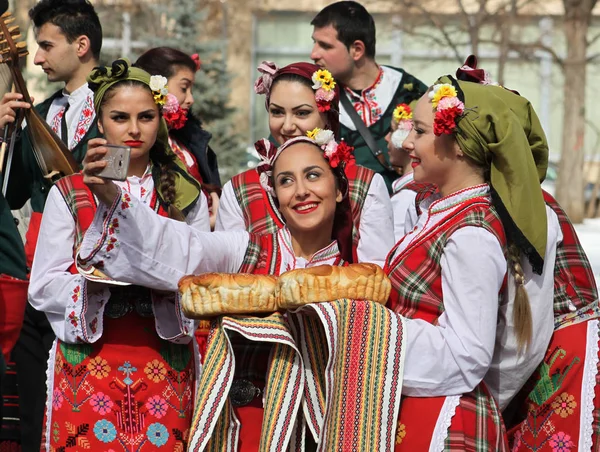The date of March 3rd marks the date of the signing the Treaty of San Stefano in 1878.
This peace treaty ended the war and was signed between Russia and the Ottoman Empire, which proclaimed Bulgaria as an independent state, albeit a vassal state within the Ottoman Empire.
Bulgaria had become part of the Ottoman Empire in 1396. In the late nineteenth century, a growing tide of nationalism had been spreading across Europe, which had been threatening the break up of the western parts of the Ottoman Empire.
In April 1876, uprisings in other parts of the Ottoman Empire spread to Bulgaria. The suppression of the revolts by the Ottomans was horrific and when the atrocities were made public to the West and Russia, international condemnation was widespread. On April 24th 1877, Russia formally declared war on the Ottoman Empire.
Shipka Pass in the Balkan Mountains is at the centre of celebrations marking the key battle that took place there. In Sofia, there will be church services, wreath-laying and a military march to honour those who gave their lives in the war.
In Sofia, following a Holy Mass at 10 am at Alexander Nevsky Cathedral Church, a memorial and thanksgiving service is held in honour of the National Holiday. The official ceremony of raising the national flag and a solemn ceremony of laying wreaths and flowers then takes place at the Monument to the Unknown Soldier at 11 am.
The first celebration of this holiday was on February 19th 1880 (old style calendar) as “The Day of the Emperor Alexander II’s Assassination and the Conclusion of the San Stefano Peace Treaty”.
March 3rd became Bulgaria’s Liberation Day in 1888, though it took until 1978 before it gained its National Day of Bulgaria status and was formally decreed as an official holiday by Decree 236 of the State Council, issued on February 27th 1990, and by the 9th National Assembly of March 5th 1990.
Liberation Day falls a few days after March 1st, the traditional start of Spring, known as Baba Marta(Grandma March). Baba Marta is believed to be a feisty lady who always seems to be upset at her two brothers, January and February, while the sun only comes out when she smiles. During this time many Bulgarians celebrate this tradition by wearing a red and white decoration called a Martenitza. Baba Marta is similar to Martisor, a traditional holiday observed in Romania and Moldova.
